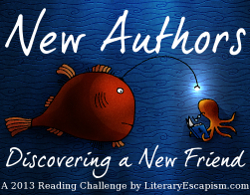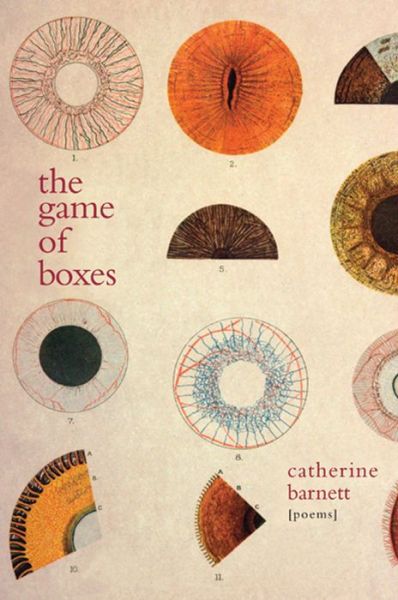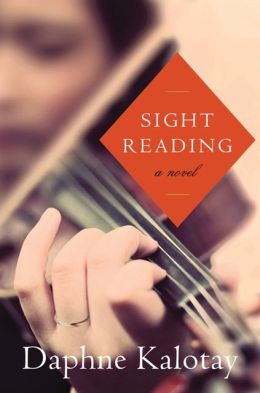
Proust’s poems range from witty to plainspoken and sarcastic. Some of his poems about love border on the edge of passion and hatred, and there are moments in certain poems that may remind readers of the great Romantic poet Percy Bysshe Shelley. Proust’s poems celebrate not only art, but also music, language, and friendship — even those relationships that sour. Many of these poems were untitled.
Poem 9 (page 27) Madame, it's possible that I have forgotten Your divine and birdlike profile, That I have pushed past my own madness Like one jumping through a hoop, But always still your eyes will shine Like bright chandeliers on the ceiling of my mind.
His poems are playful and cutting at the same time, and his grasp of language and all its capabilities is astounding. Readers will wonder about the subjects that are not clearly named, but at the same imagine their own obsession or loved one in their stead. Even without knowing the subject of poem 9, the reader can gather that the woman once held an esteemed place in the poet’s heart, but has now fallen into disgrace in his eyes. And yet, even though the love affair has gone downhill, she still is remembered fondly but will remain in the past.
From the traditional forms of sonnet to the less-than-traditional prose-like poetry in the collection, readers will get a sense of Proust’s evolution as a writer and his experiences as he saw them. The Collected Poems of Marcel Proust edited by Harold Augenbraum has a lot to offer readers, and while it is not necessary to read the French, those who can will have a richer experience.

Valentin Louis Georges Eugène Marcel Proust was a French novelist, critic, and essayist best known for his monumental novel In Search of Lost Time. It was published in seven parts between 1913 and 1927.

This is my 29th book for the 2013 New Authors Challenge.










